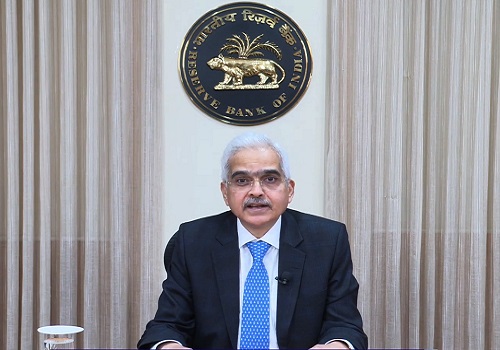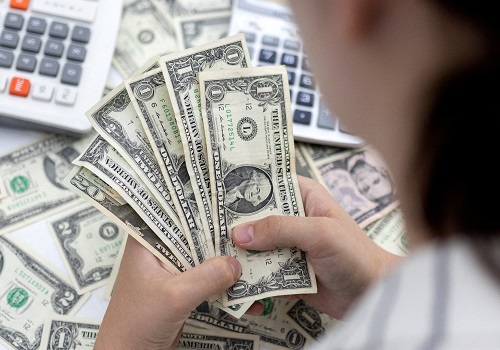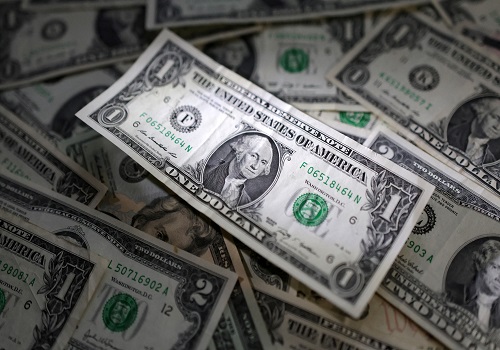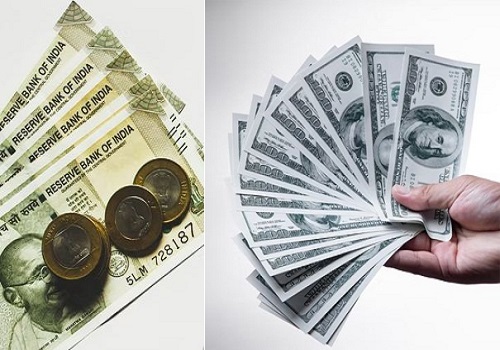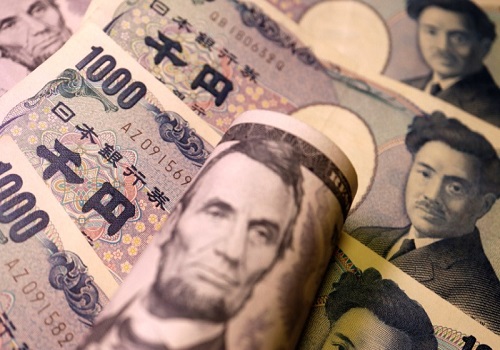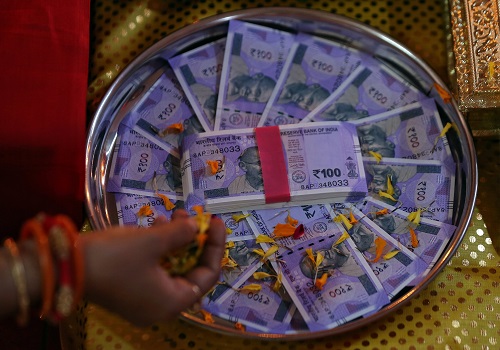Dollar steady as traders weigh economic data, yen fragile
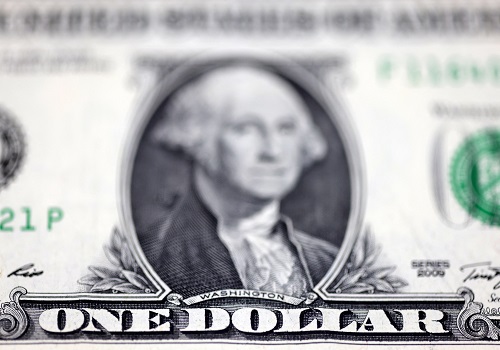
The dollar was steady on Friday, on track for its fifth straight weekly gain, as investors take stock of economic data and firm expectations of the Federal Reserve cutting rates in June, while the yen traded at the psychologically key 150 per dollar level.
The dollar index, which measures the U.S. currency against six major rivals, was up 0.09% at 104.35 on Friday, having eased 0.4% on Thursday. The index is on course to eke out a 0.2% gain for the week, its fifth in a row.
The dollar slipped on Thursday after a mixed set of U.S. economic data, with retail sales falling more than expected in January, pulled down by declines in receipts at auto dealerships and gasoline service stations.
A separate report showed initial claims for state unemployment benefits fell 8,000 to a seasonally adjusted 212,000 for the week ended Feb. 10, further evidence of the U.S. labour market remaining tight.
"We have seen how US activity is starting to show some softening and the USD momentum is taking a breather," said Christopher Wong, a currency strategist at OCBC in Singapore.
"A softer read on PPI today should see USD ease lower. But overall market expectations on the timing of the first Fed cut and magnitude of the cut will continue to drive volatility in FX markets."
A string of strong economic data has quashed any lingering expectations of an early and deep rate cuts from the Fed, with traders now pricing in an 80% chance of a rate cut in June, according to the CME FedWatch tool.
Markets had initially priced in March as the starting point of the Fed' easing cycle.
Traders now expect 94 basis points of cuts this year, nearer to Fed's own projection of 75 bps of easing and drastically lower than the 160 bps of cuts markets priced in at the end of 2023.
Federal Reserve Bank of Atlanta President Raphael Bostic said on Thursday that while the U.S. central bank had made a lot of progress lowering inflation pressures, ongoing risks mean that he was not yet ready to call for interest rate cuts.
"We will likely soon contemplate the appropriate time for monetary policy to become less restrictive," Bostic said.
"Right now, a strong labour market and macroeconomy offer the chance to execute these policy decisions without oppressive urgency," he added.
Investor focus has been on comments from policymakers, with Federal Reserve Chair Jerome Powell due to give the Senate banking committee its biannual monetary policy update on March 7.
YEN WORRIES
The Japanese yen weakened 0.10% to 150.08 per dollar in early trade, hovering near the 150 mark, a level that puts the market on alert for possible intervention by Japan to weaken its currency as well as jawboning from officials.
The yen, which is highly sensitive to U.S. rates, is under persistent pressure as investors pare back their expectations of the scale and pace of the Federal Reserve's easing cycle. The Asian currency is down 6% this year.
"Diminishing effectiveness of verbal interventions may require Japanese officials take concrete action to slow down the pace of JPY depreciation if US Treasury yields rise further", said Kieran Williams, head of Asia FX at InTouch Capital Markets.
Japan unexpectedly slipped into a recession at the end of last year, losing its title as the world's third-biggest economy to Germany and raising doubts about when the central bank would begin to exit its decade-long ultra-loose monetary policy.
Meanwhile, the euro was down 0.07% to $1.0763, while sterling was last at $1.2582, down 0.14% on the day.
The Australian dollar eased 0.20% to $0.651, while the New Zealand dollar is down 0.21% to $0.609.
In cryptocurrencies, bitcoin last rose 1.16% to $51,966.22.














